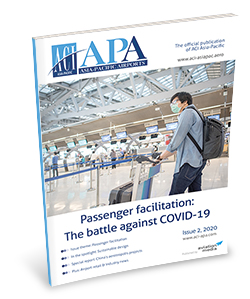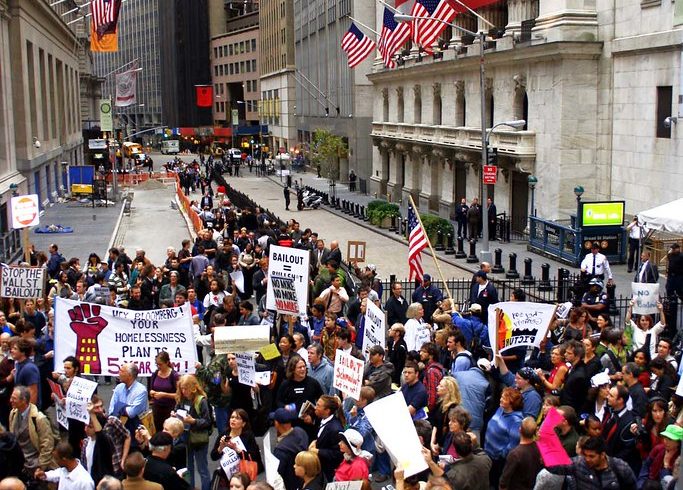Macau, the world-renowned gambling hub, has been hit hard by the ongoing COVID-19 pandemic. The region’s third-quarter revenues have experienced a significant decline of 6.7% when compared to pre-pandemic levels. This decline has raised concerns about the recovery of Macau’s lucrative gambling industry.
Macau, often referred to as the “Las Vegas of Asia,” is a Special Administrative Region of China and the only place in the country where gambling is legal. It attracts millions of tourists each year, primarily from mainland China, who come to try their luck at the numerous casinos and resorts that dot the city.
However, since the outbreak of the COVID-19 pandemic, Macau has faced numerous challenges. Travel restrictions, border closures, and strict quarantine measures have severely impacted the region’s tourism industry. As a result, Macau’s gambling revenues have taken a significant hit.
According to recent data released by the Gaming Inspection and Coordination Bureau, Macau’s gross gaming revenue for the third quarter of 2021 reached approximately $7.8 billion. While this figure may seem substantial, it represents a 6.7% decline compared to the same period in 2019, before the pandemic struck.
The decline in revenue can be attributed to several factors. Firstly, travel restrictions imposed by various countries have limited the number of tourists visiting Macau. Mainland China, which accounts for a significant portion of Macau’s visitors, has implemented strict travel controls to curb the spread of COVID-19. This has resulted in a sharp decline in the number of Chinese tourists visiting Macau.
Additionally, quarantine requirements have deterred potential visitors from traveling to Macau. Many countries have mandated quarantine periods upon arrival or return, making it inconvenient for tourists to plan trips to the region. These measures have discouraged casual gamblers and tourists who typically visit Macau for short periods.
Furthermore, the pandemic has also affected the spending habits of visitors. With economic uncertainties and financial constraints, tourists may be more cautious with their discretionary spending, including gambling. This change in consumer behavior has impacted Macau’s gaming industry, which heavily relies on high rollers and big spenders.
To mitigate the impact of the pandemic, Macau has implemented various measures to attract visitors and stimulate the economy. The region has introduced travel bubble arrangements with neighboring regions, allowing for easier travel between certain areas. Macau has also launched promotional campaigns to entice tourists and highlight its safety measures.
Moreover, Macau is actively diversifying its tourism offerings beyond gambling. The region is investing in non-gaming attractions such as entertainment shows, cultural events, and family-friendly activities to appeal to a broader range of visitors. These efforts aim to reduce Macau’s reliance on gambling revenue and create a more sustainable tourism industry.
While the decline in Macau’s third-quarter revenues is concerning, experts remain cautiously optimistic about the region’s recovery. As vaccination rates increase and travel restrictions ease, there is hope for a gradual return of tourists to Macau. However, the path to full recovery may still be challenging, as uncertainties surrounding the pandemic persist.
In conclusion, Macau’s gambling industry has experienced a 6.7% decline in third-quarter revenues compared to pre-pandemic levels. Travel restrictions, quarantine measures, and changing consumer behavior have all contributed to this decline. Macau is actively implementing strategies to attract visitors and diversify its tourism offerings. As the world navigates the ongoing pandemic, the recovery of Macau’s gambling industry remains uncertain but hopeful.





